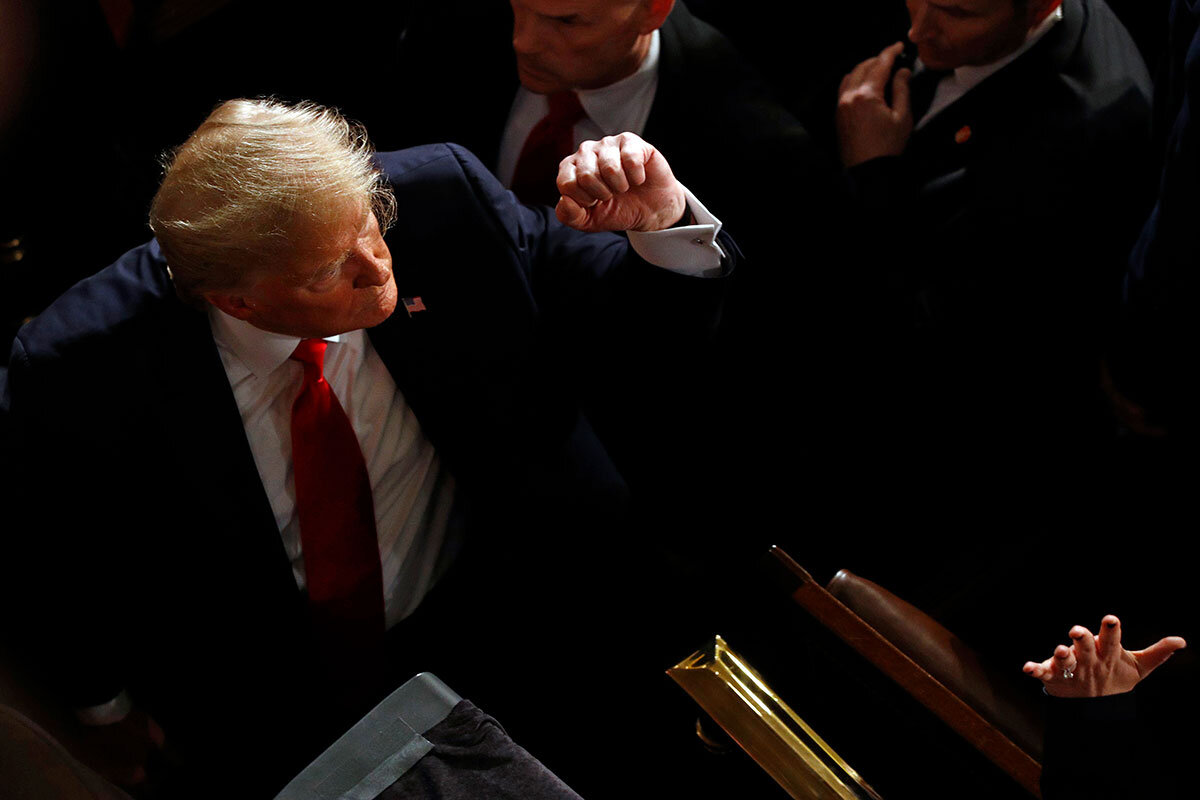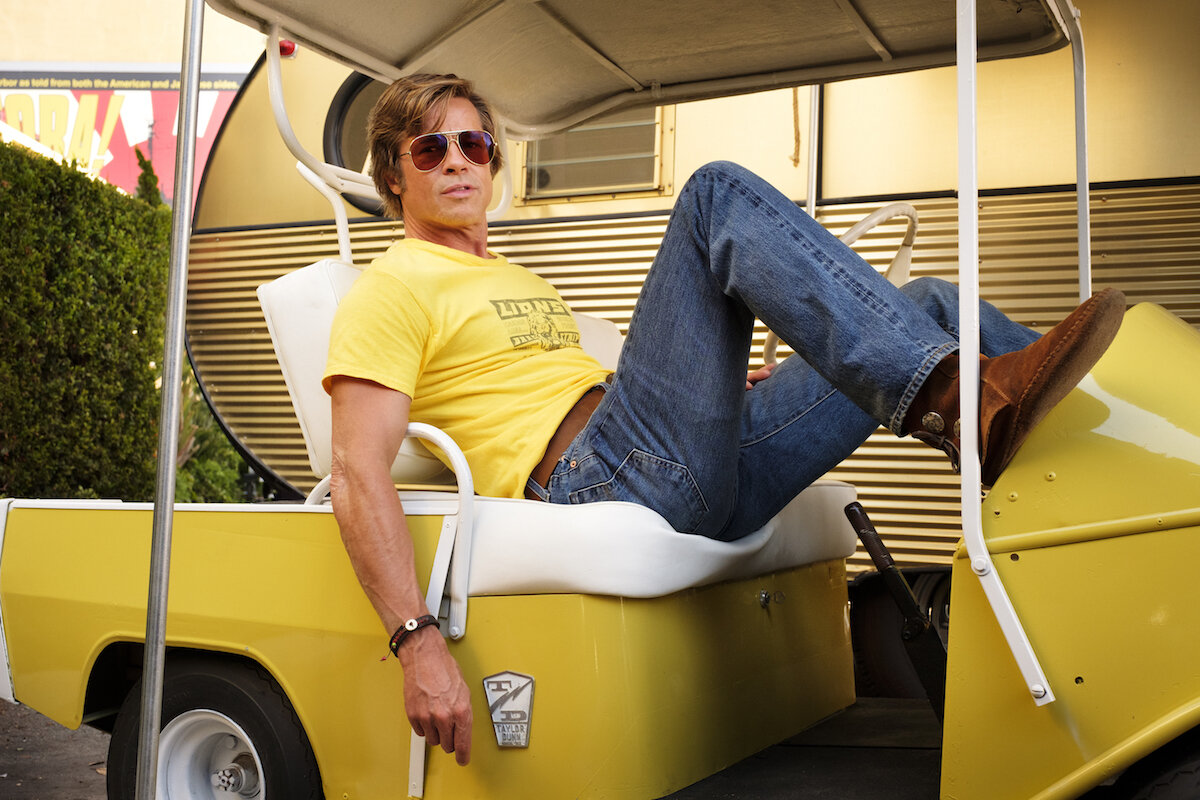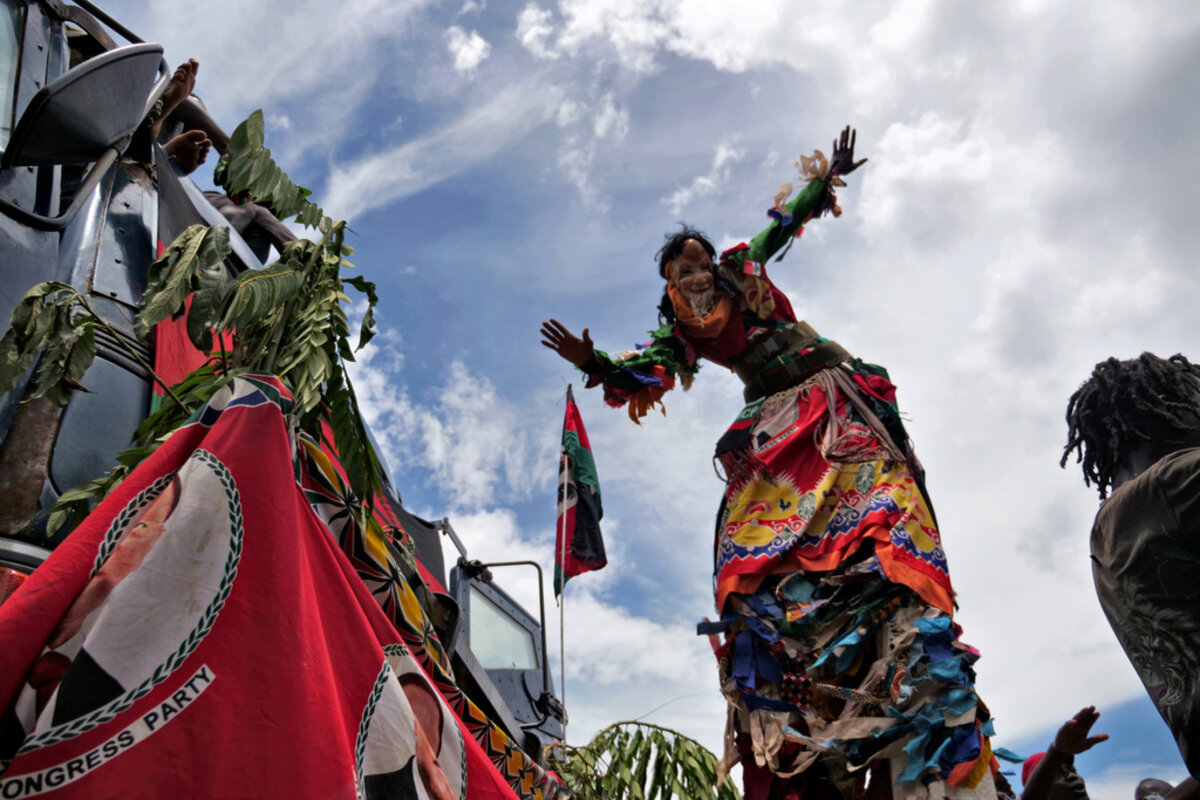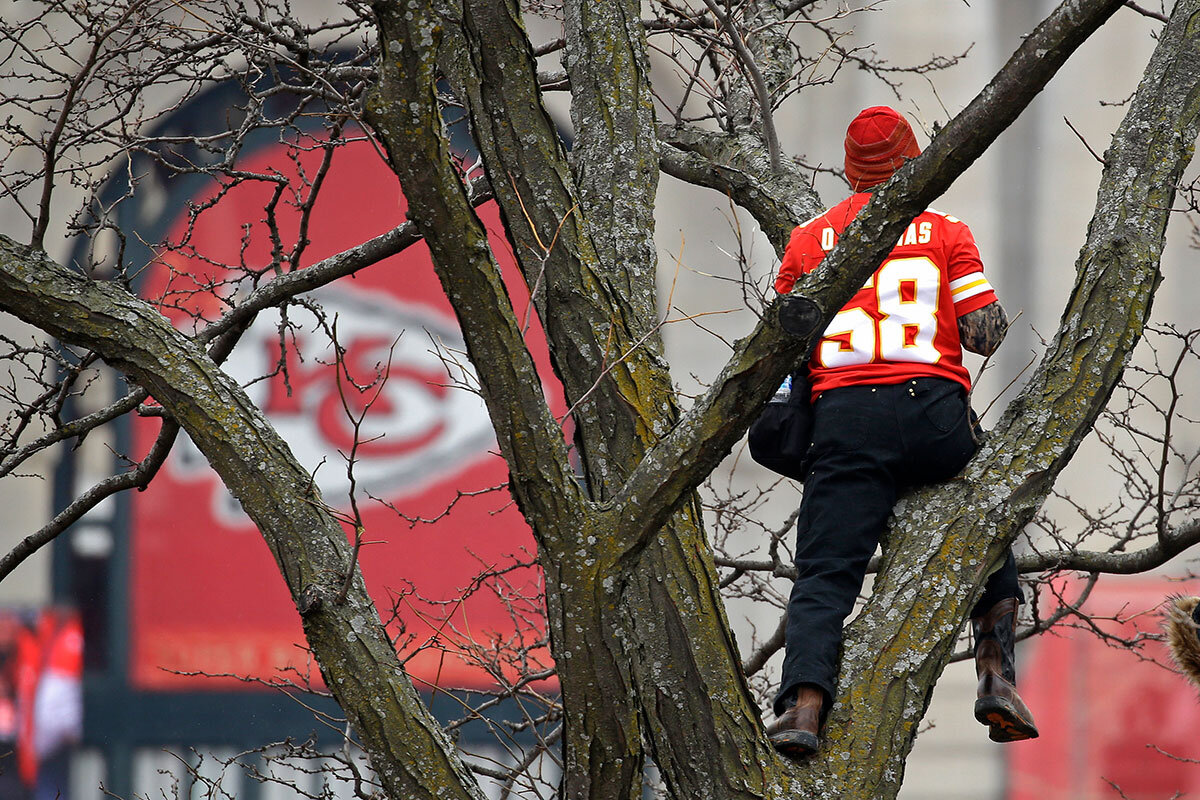President Donald Trump comes out of impeachment in a reasonably strong position. But post-acquittal, will he feel unfettered in his behavior as he seeks a second term?
Monitor Daily Podcast
- Follow us:
- Apple Podcasts
- Spotify
- RSS Feed
- Download
 Mark Trumbull
Mark Trumbull
Welcome to your Monitor Daily. Today’s stories look at the road ahead for President Trump, what’s at stake if Israel annexes West Bank territory, election security, laws to protect privacy, and actors who blissfully confound our expectations.
What happens when the global ties that bind economies are suddenly cut? The world is getting a hint of the answer, in an unexpected way.
A public health crisis, over the coronavirus, has landed right in the nation at the fulcrum of global commerce. What you get is a kind of instant deglobalization.
Automaker Hyundai is halting production in its South Korean factories due to disruption in parts supply. Apple has closed its electronics stores in China and faces supply chain slowdowns for components used in iPhones. Scores of other global companies – and their workers and customers – confront similar effects.
The damage is limited for now. And it’s unclear whether the drag on trade will last. But the disruption is a reminder. Economists widely view trade and rising global integration as a source of economic gains for billions of people. The benefits often extend into arenas such as cultural cross-pollination or cooperation on global problems like climate change.
Those benefits shouldn’t be taken for granted. Even without the coronavirus, the world has hit a “pause button” on globalization. That’s partly because gains for global GDP don’t guarantee gains for every individual. The result is political tension that needs to be managed – and isn’t always managed well. For its part, the coronavirus is “a very good lesson,” says Singapore’s Trade Minister Chan Chun Sing, on the importance of managing supply chains for resilience and diversity.










